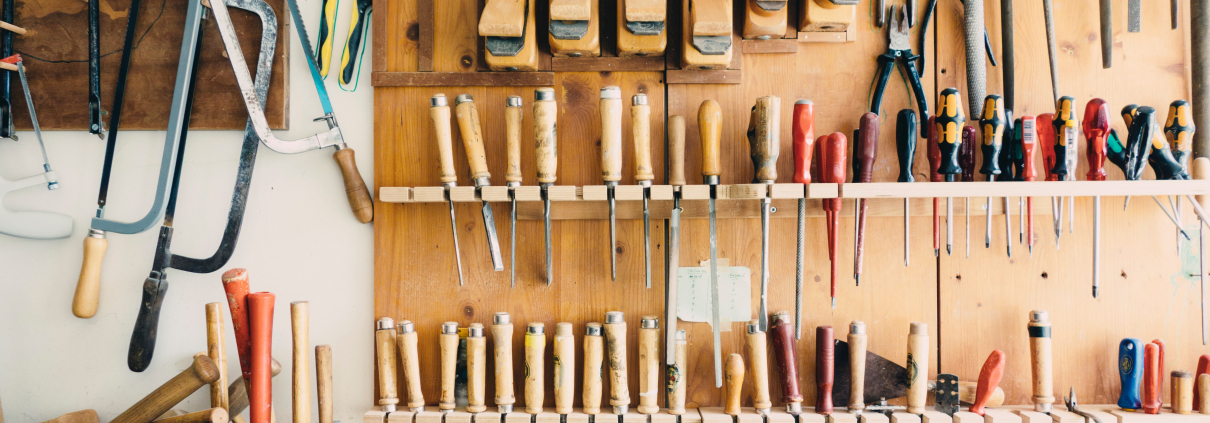In school, you often hear students say, “Why do I need to learn this? I’m never gonna use this!”
During coaching sessions with students, this statement sometimes came up. After nearly every coaching session, I assign homework. Sometimes, these assignments are quite intensive, requiring daily effort, while at other times, I asked them to do nothing. The purpose of an assignment isn’t always immediately clear to the coachee, and they may find it too demanding or time-consuming.
The value of an assignment can be crystal clear at times, while at other times, it leaves them baffled. After some explanation, they embark on a two-week journey with the task. During the next session, they’ve witnessed and felt the impact of the assignment, contrary to their expectations. However, this leads to the question, “Do I have to do this all the time to feel good? Should I do this exercise every week? That’s too much!” Fortunately, I can reassure them. Just like a student learning math in school doesn’t necessarily aspire to become a mathematician, these assignments are specific skills you cultivate. Students learn math because they acquire problem-solving methods that can be applied in various life situations. Sometimes, it’s about solving a math problem, but other times, it’s simply knowing that the problem-solving method exists to understand something. Do you follow me? Another example is learning to drive a car. During the driving lessons you learn a specific method – mirror, signal, maneuver, clutch, shift. However, you tend to forget it all once you have your driver’s license. The thing is, you don’t for get it, you learn to automatically do the necessary actions when needed.
Coaching works in a similar way. In addition to the conversations we have, I provide you with a toolbox of specific methods. Your brain needs time to comprehend that practicing a particular exercise for a few weeks can assist you in specific situations. Once you start feeling better, you can set aside the method until you need it again.
The beauty of it all is that, at some point, the method that works for you becomes second nature. You won’t even consciously reach for the toolbox; it’s always open and you employ the methods subconsciously to get out of a low point faster, ideally preventing future dips. But let’s be honest, life comes with its ups and downs. Without the lows, there are no highs. In my view, the ultimate goal is to develop the confidence that things will improve even when you’re in the midst of a low point.

 Photo by Barn Images on Unsplash
Photo by Barn Images on Unsplash

